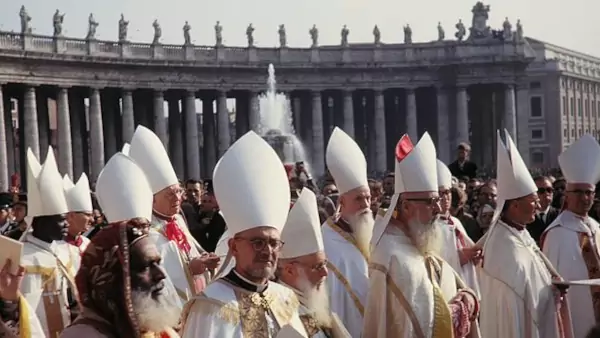To summarize the various major councils, here are the things that were considered and decided. Those of Jerusalem (49/50) studied in depth how to follow the Law of the Jews. It was therefore decided that people from other countries who repented, were baptized and became Christians did not need to be "circumcised" in order to follow the Jewish law. In Nicaea I (325) it was defined about the Incarnate Word, and it said that Jesus is really the Son of God, one way with the Father (Homousis), and the true God, this was done to oppose the Arianism.
The one of Constantinople-I (381) took action regarding the Macedonians, so it was clearly stated that the Holy Spirit is God, like the Son and the Father (according to the Creed of Nicaea-Constantinople). Nestorianism and Pelasianism took action as early as the Council of Ephesus (431). It was clearly stated that Christ is both God and Man, one person: the unity of His being is the principle of existence, which is not the result of chance, so it is external, but not considered only internal. Thus, the famous Pelasian Celestius and his followers were condemned. Eutychism, which completely confuses the Divinity and Humanity of Jesus, and Monophysism, such are the measures taken at Chalcedon (451). Both the divine and human natures are completely in Christ (and valid only for Him): they do not mix, change or alternate. [Monophysitism is a false teaching that Christ's divinity has swallowed up his humanity, so anyone who follows this false teaching (heresy) is condemned.]








